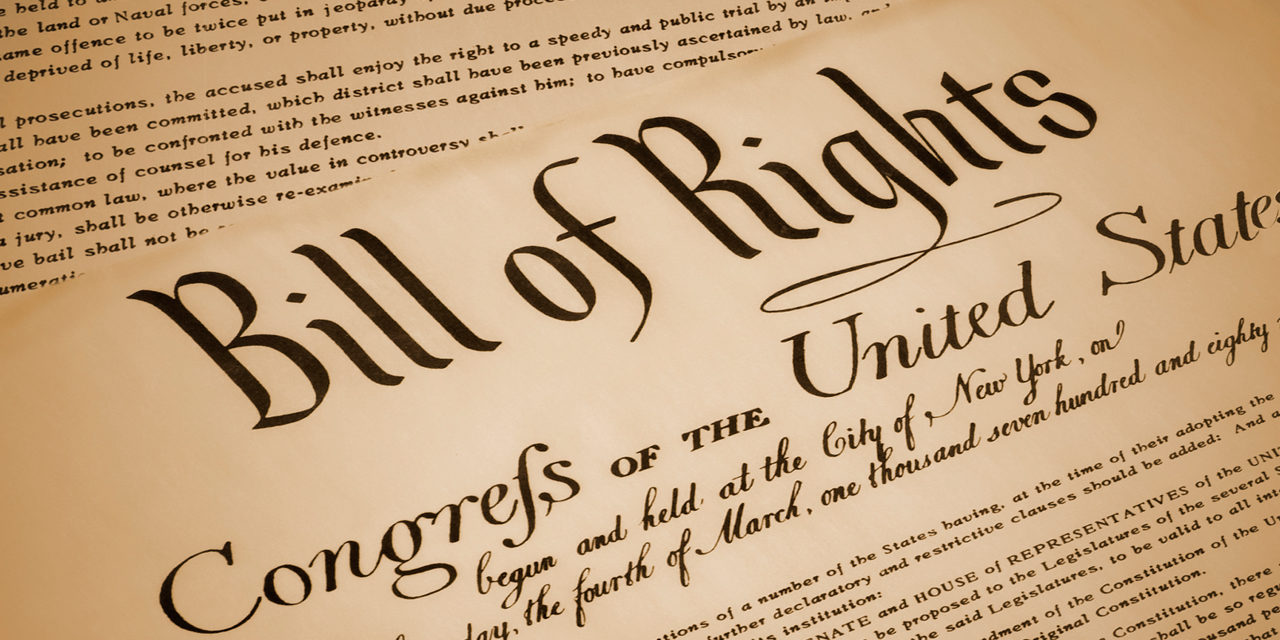The tension between the need for public health closure orders and constitutional rights has been evident over the last month or more. Although many state and local government closure orders of large gathering places respected the essential needs of the faithful to gather in corporate worship, others turned out to be heavy handed, singling out churches for unequal treatment. The Daily Citizen has reported on several of those.
U.S. Attorney General William Barr raised awareness of this problem a couple weeks ago by filing a “statement of interest” in a Mississippi case where a local mayor ordered a ban on “drive-in” church services while exempting drive-in restaurants and other large gatherings of people. The mayor in that case who ordered the ban quickly reversed course once the Attorney General weighed in, allowing drive-in church services to happen.
But more was needed, because the cases kept popping up.
Barr upped the ante this week with a memorandum to all Department of Justice attorneys to be on the lookout for similar breaches of the First Amendment rights of churches happening around the country. He also included heavy-handed attempts by local governments that favored some economic activity over others where COVID-19 concerns didn’t justify the disparate treatment.
The memo explained:
“As the Department of Justice explained recently in guidance to states and localities taking steps to battle the pandemic, even in times of emergency, when reasonable and temporary restrictions are placed on rights, the First Amendment and federal statutory law prohibit discrimination against religious institutions and religious believers. The legal restrictions on state and local authority are not limited to discrimination against religious institutions and religious believers. For example, the Constitution also forbids, in certain circumstances, discrimination against disfavored speech and undue interference with the national economy. If a state or local ordinance crosses the line from an appropriate exercise of authority to stop the spread of COVID19 into an overbearing infringement of constitutional and statutory protections, the Department of Justice may have an obligation to address that overreach in federal court.”
In other words, if state and local governments order closures or limit large gatherings to a specific number of people, they still can’t single out churches for the strictest treatment while exempting other entities that attract crowds larger than 10 people, such as big box stores, drive-in restaurants and the like.
Pew Research surveyed the various state laws regarding how each state is treating churches. As of Friday, April 24, Pew noted that 10 states are preventing in-person worship services of any kind, 16 are allowing church services with no restrictions of any kind, and 21 limit worship services to 10 or fewer attendees.
And local municipalities that have passed even stricter public health orders than their state authorities have been a great source of religious freedom infractions in places like California, Kentucky and Mississippi.
Barr sums up the issue for the federal prosecutors under his command:
“Many policies that would be unthinkable in regular times have become commonplace in recent weeks, and we do not want to unduly interfere with the important efforts of state and local officials to protect the public. But the Constitution is not suspended in times of crisis. We must therefore be vigilant to ensure its protections are preserved, at the same time that the public is protected.”
A word to the wise is sufficient. Hopefully, state and local governments across the country will hear the Attorney General’s resolve in his memo, and will take the necessary steps to ensure that constitutional boundaries are not trampled in the effort to fight the pandemic.






